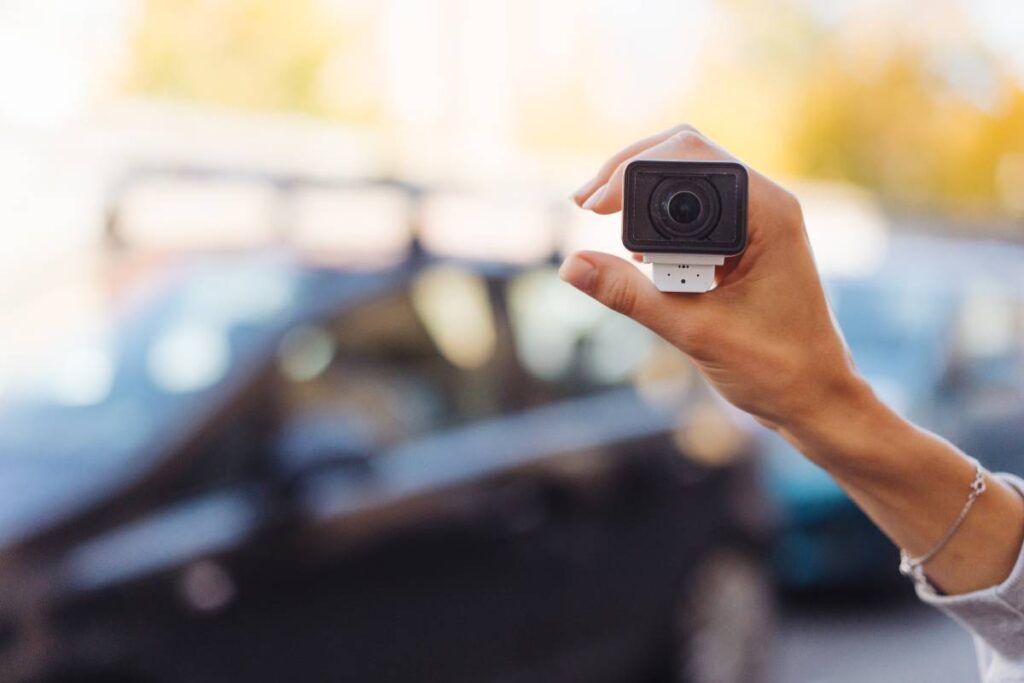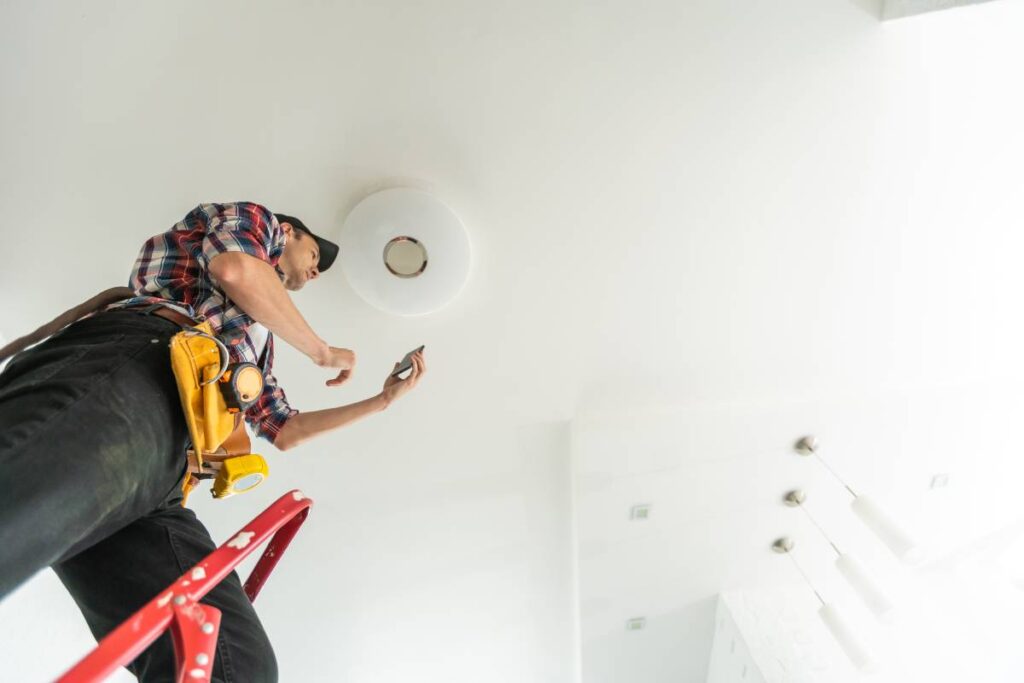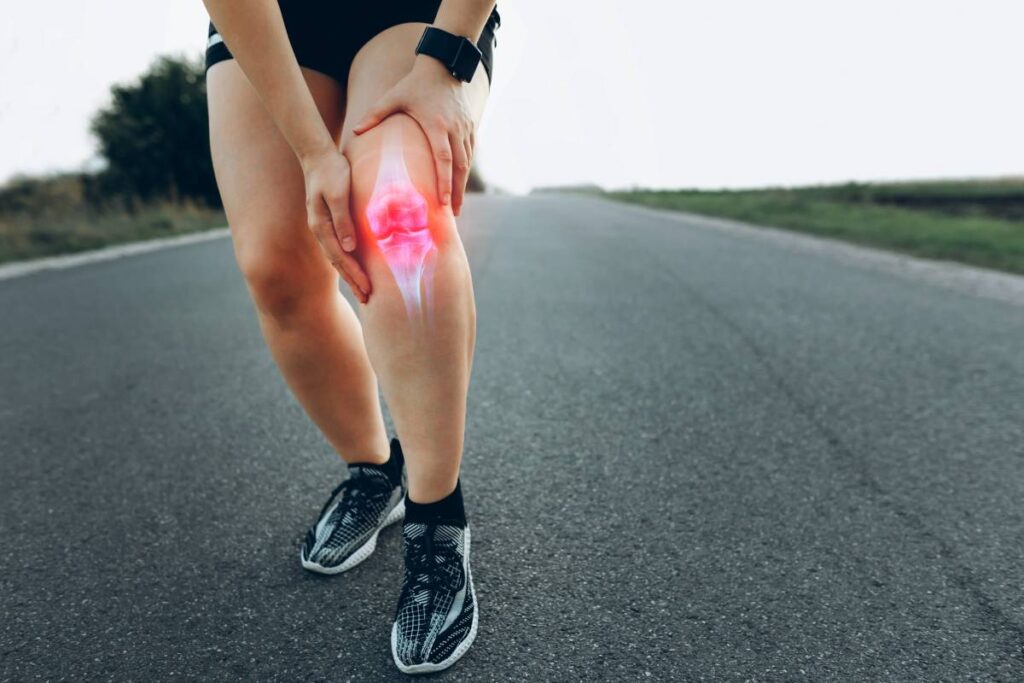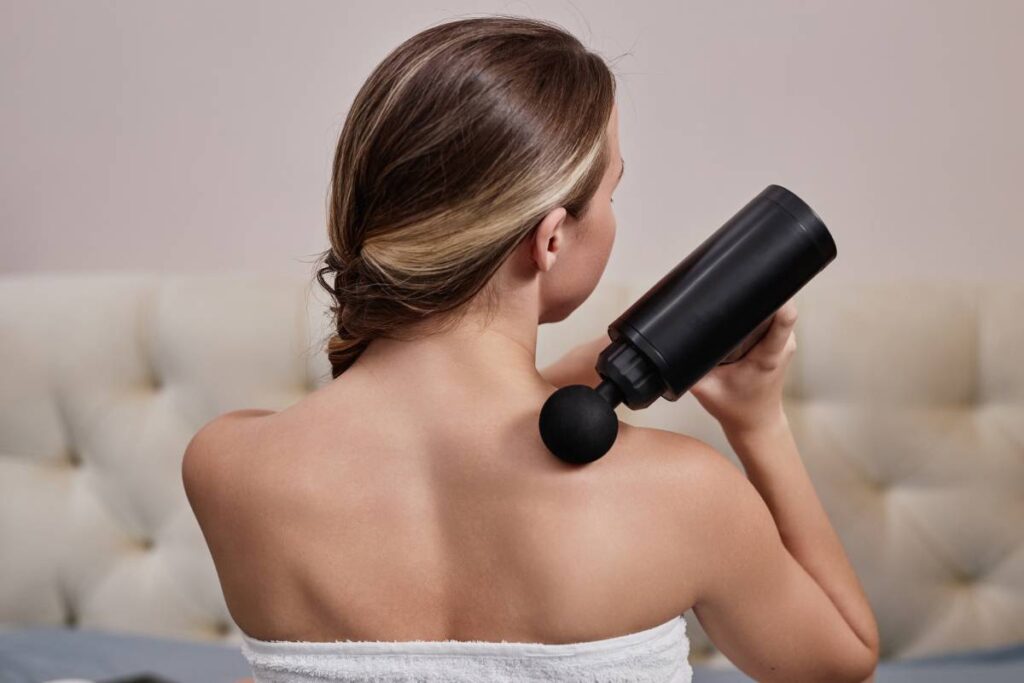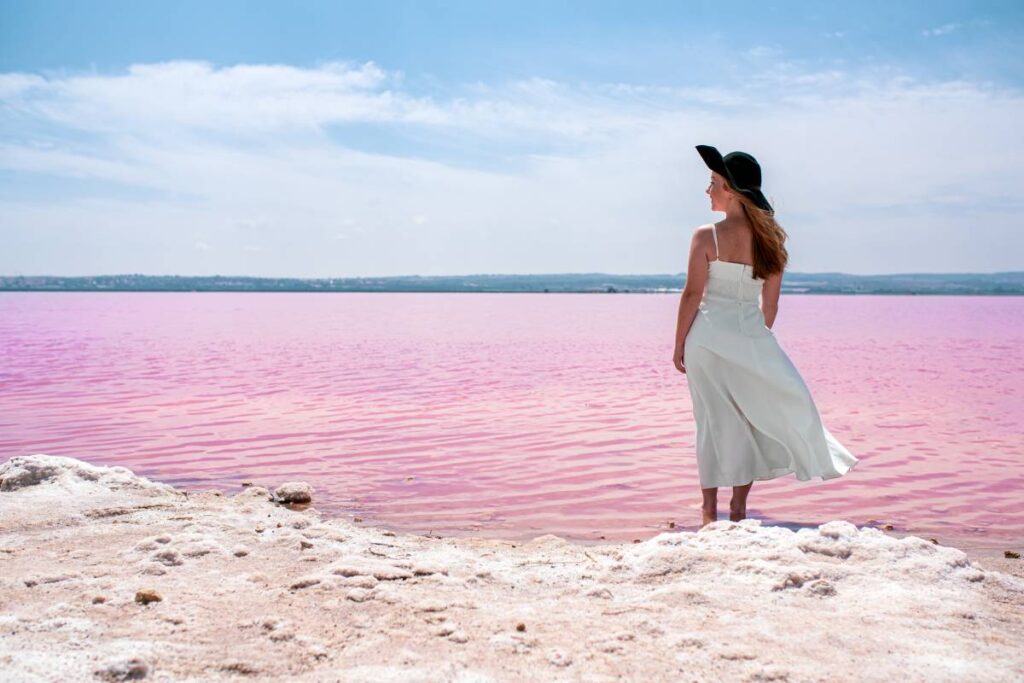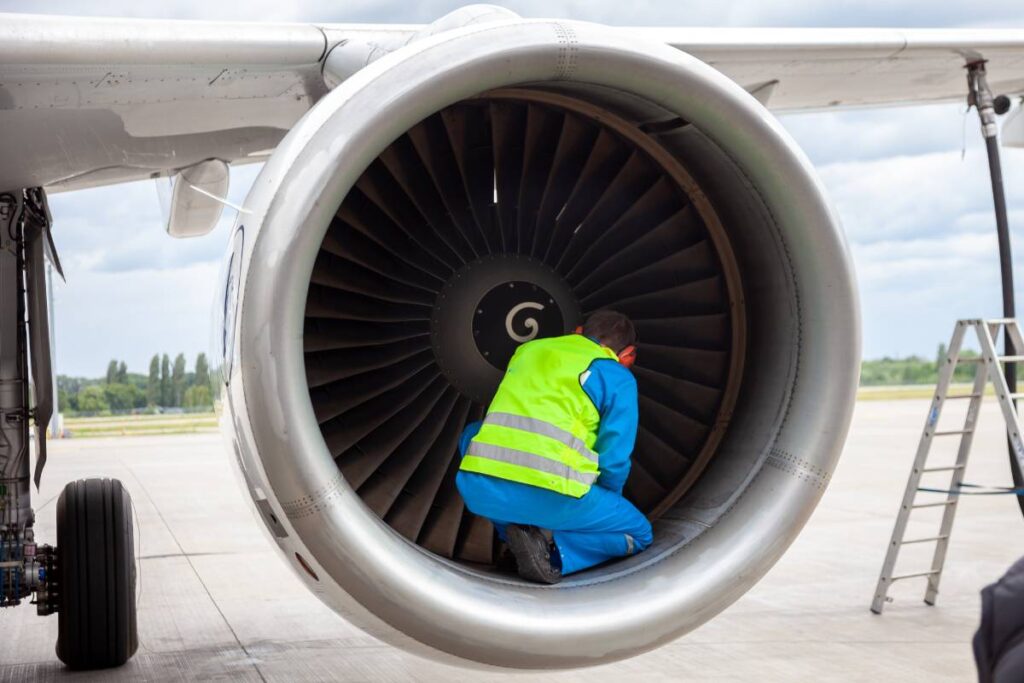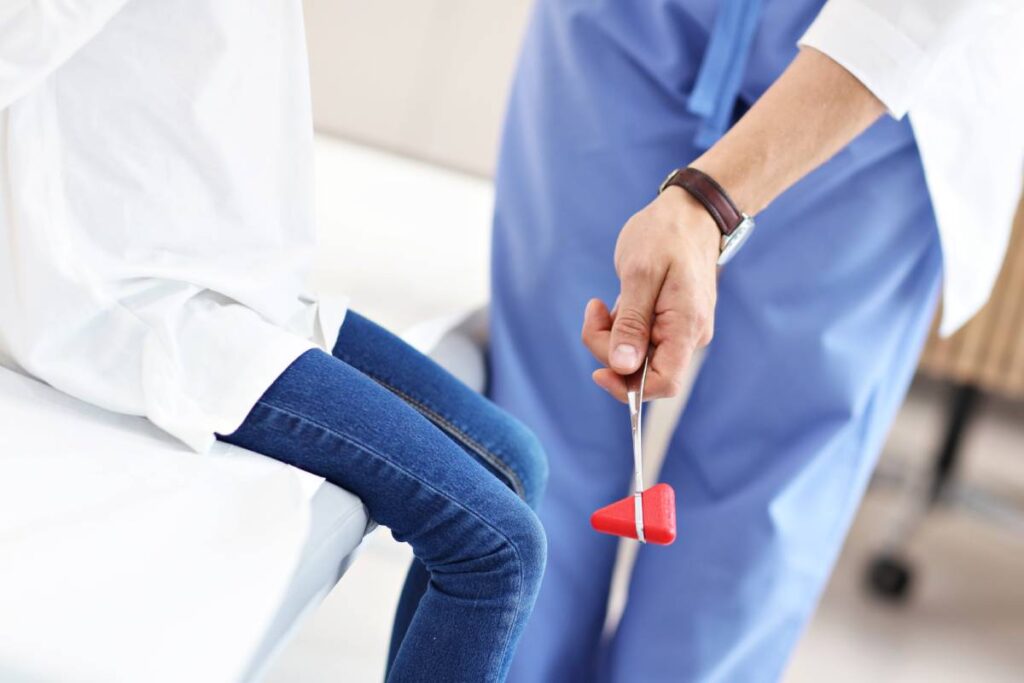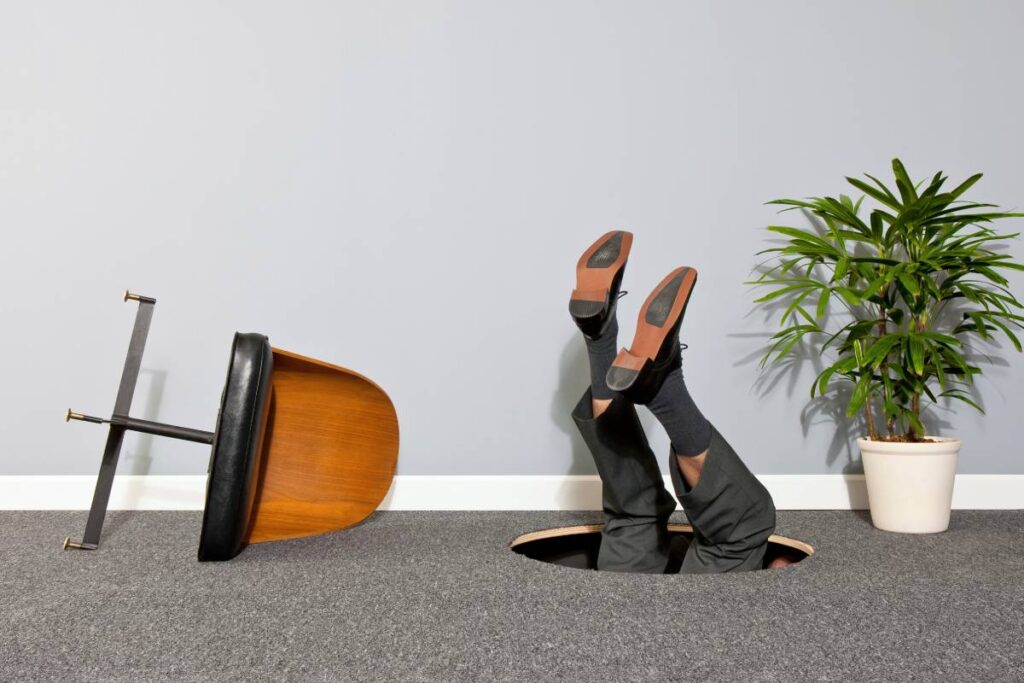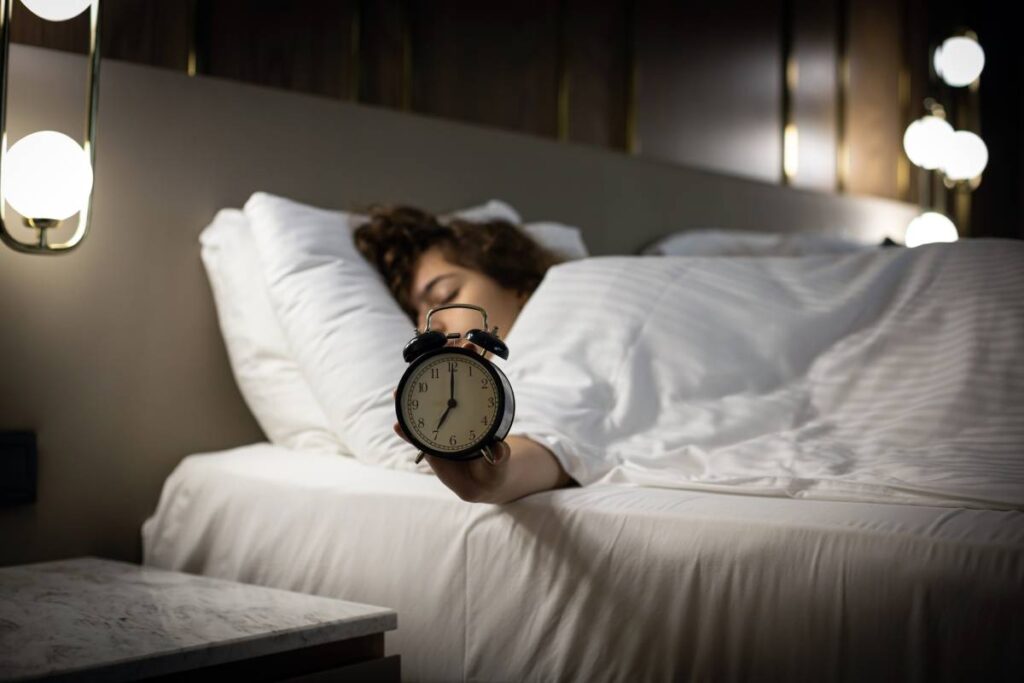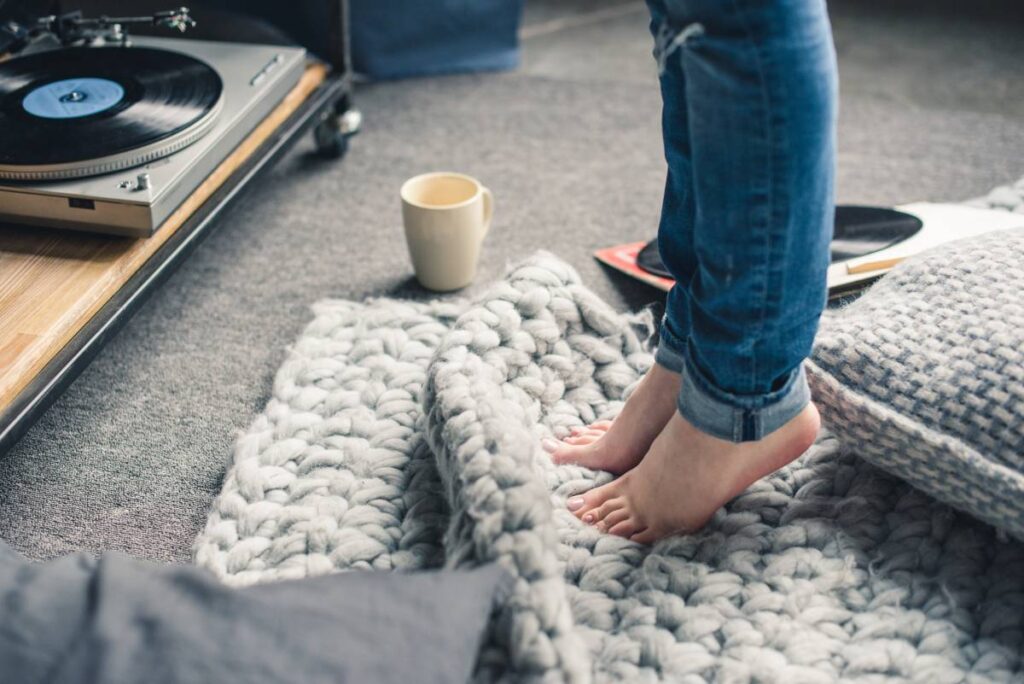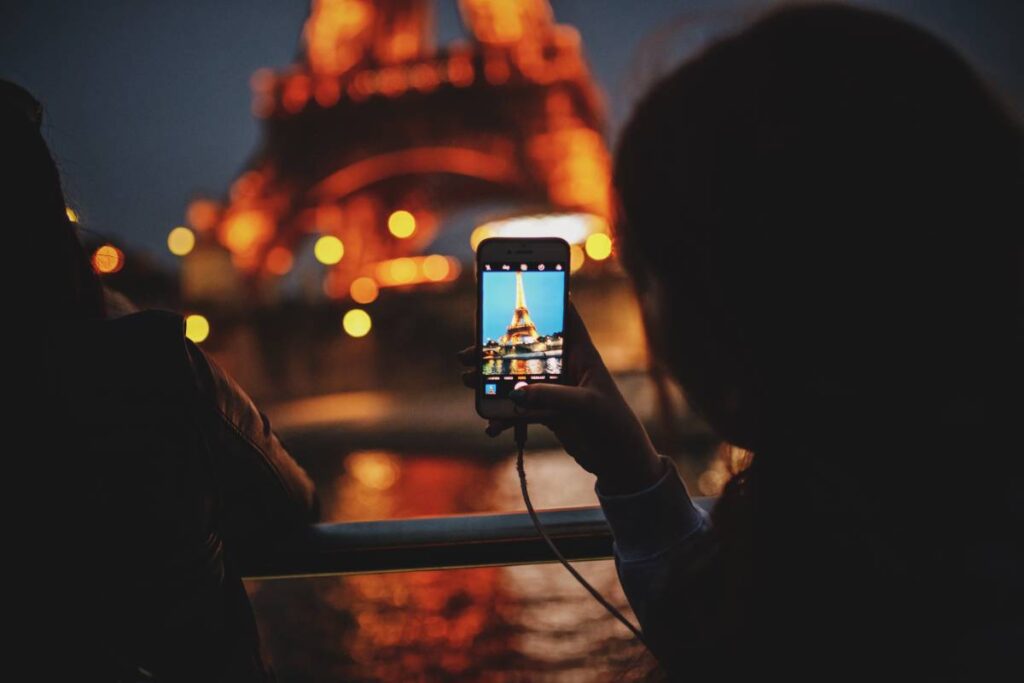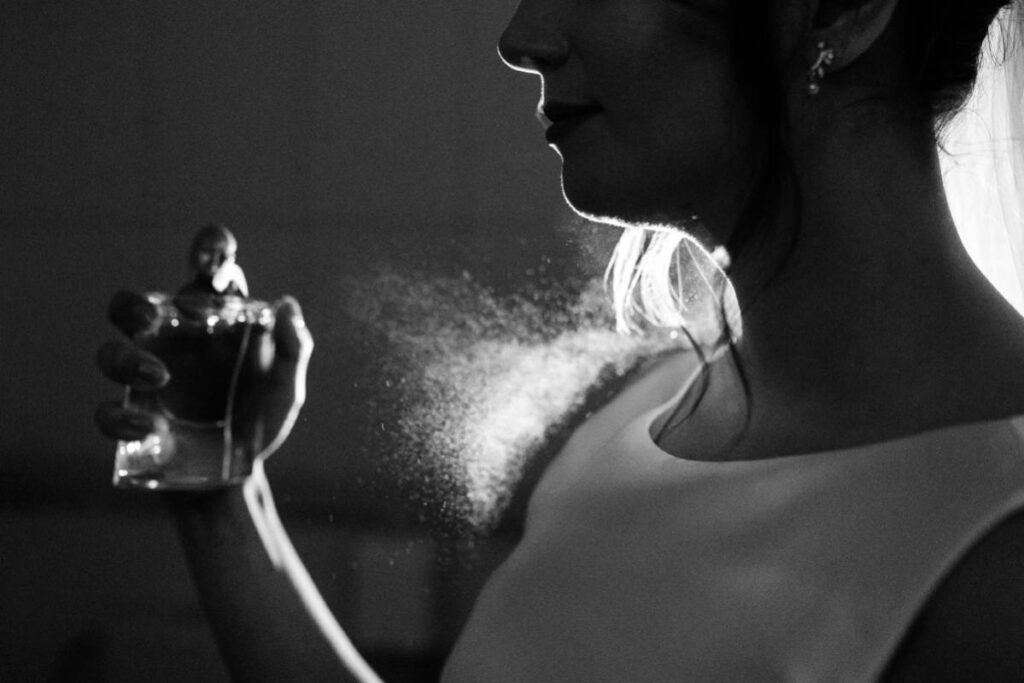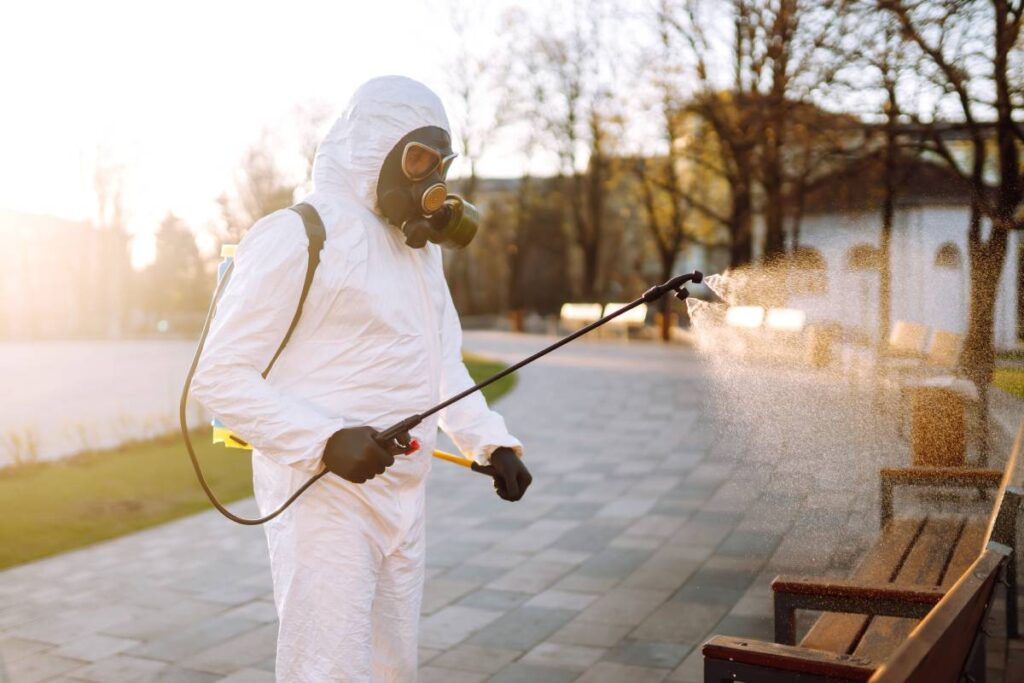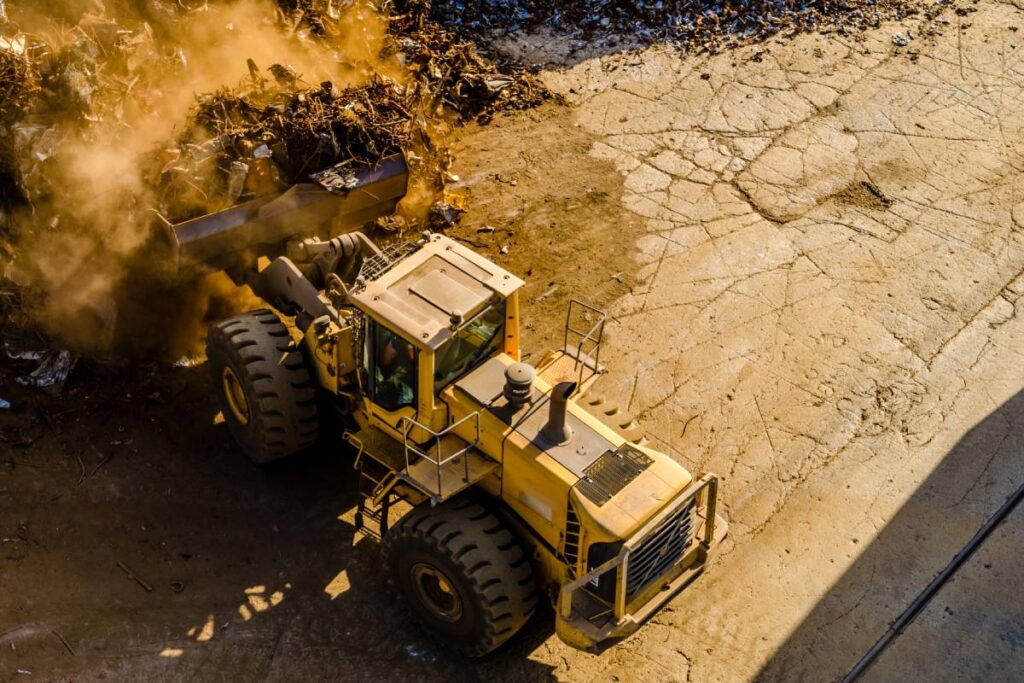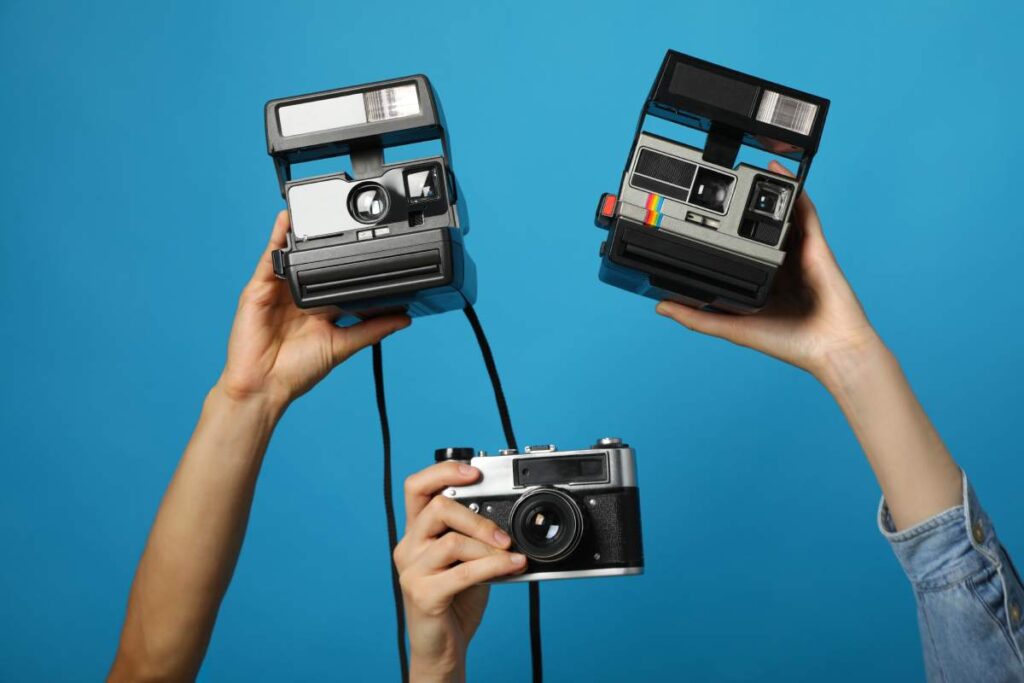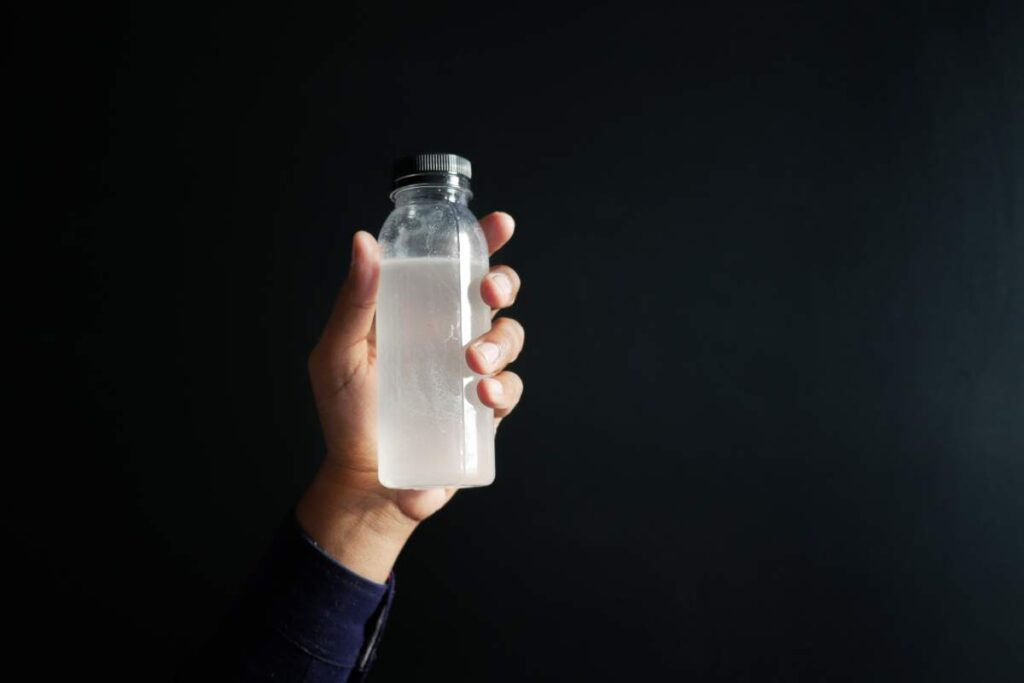What Is Electrolyte Water and How Much Should You Drink?

Electrolyte water has become a popular choice for those looking to hydrate effectively, particularly during workouts, illnesses, or hot weather. But what exactly is electrolyte water, and how much should you drink?
This article will explain what electrolyte water is, its benefits, and how to calculate your hydration needs.
What Is Electrolyte Water?
Electrolyte water is water that contains dissolved minerals known as electrolytes. These minerals include sodium, potassium, calcium, magnesium, and chloride, among others. Electrolytes are essential for many bodily functions, including maintaining fluid balance, supporting muscle function, and regulating nerve activity.
Electrolytes work by creating electric charges that help cells to communicate with each other. This communication is vital for muscle contractions, including the heart muscle, and for nerve signalling. When your electrolyte levels are too low or too high, it can result in various health issues, such as dehydration, cramps, fatigue, and even heart problems.
Key Electrolytes in Water
Here’s a closer look at the most important electrolytes typically found in electrolyte water and their functions:
- Sodium: The primary electrolyte lost through sweat, sodium helps regulate blood pressure and fluid balance. It’s also necessary for muscle and nerve function.
- Potassium: Potassium balances the effects of sodium and is crucial for heart and muscle function.
- Calcium: Known for its role in bone health, calcium is also important for muscle function, including heart contractions.
- Magnesium: This mineral helps muscles relax after contracting and supports energy production.
- Chloride: Often paired with sodium, chloride helps maintain fluid balance and is crucial for proper digestion.

How Does Electrolyte Water Differ from Regular Water?
Electrolyte water is distinct from regular water because it has added or naturally occurring minerals that help maintain electrolyte balance. While regular water is essential for hydration, it doesn’t contain electrolytes unless they’re added. For most people, drinking plain water is enough to stay hydrated. However, electrolyte water can be beneficial in certain circumstances, such as:
- Intense physical activity: When exercising vigorously or in hot conditions, you lose more water and electrolytes through sweat. Electrolyte water helps replenish both.
- Illness: Conditions like vomiting, diarrhoea, and fever can cause you to lose electrolytes, making electrolyte water useful for rehydration.
- Extreme heat: Living or working in hot climates can increase your sweat rate, leading to a higher need for both water and electrolytes.
When Should You Drink Electrolyte Water?
Knowing when to drink electrolyte water largely depends on your activity level, health status, and environment. Here are a few common scenarios when it may be beneficial:
- During and after exercise: If you’re engaging in moderate to intense exercise lasting more than an hour, or if you’re exercising in hot conditions, you may benefit from drinking electrolyte water. Sweating depletes both water and electrolytes, so replenishing these is key for recovery and maintaining performance.
- After illness: If you’ve had a bout of diarrhoea, vomiting, or a fever, you may need to replace lost fluids and electrolytes. Rehydrating with electrolyte water can help you recover faster.
- Hot climates: If you live in or are travelling to a hot and humid area, drinking electrolyte water can help you stay properly hydrated as sweating increases electrolyte loss.
- During pregnancy: Electrolyte water may help some pregnant women, especially if they experience excessive sweating or morning sickness, which can cause dehydration and electrolyte imbalance.
How Much Electrolyte Water Should You Drink?
The amount of electrolyte water you need depends on your activity level, climate, and individual health needs. Below are general guidelines for different situations:
For Everyday Hydration
For most people, regular water consumption is sufficient for daily hydration needs, but electrolyte water can be added to your routine in moderation. The average adult needs around 2 to 3 litres of water per day (including fluids from food). You can consume electrolyte water occasionally throughout the day, especially if you notice signs of dehydration such as dizziness, dry mouth, or muscle cramps.
For Exercise

If you’re engaging in intense physical activity, especially for longer durations, electrolyte water might be the best drink during working out. Here’s a general guideline:
- For moderate exercise lasting less than an hour, plain water should suffice.
- For intense exercise lasting longer than an hour, you might consider drinking around 500 to 700 mL of electrolyte water during and after your workout to replace lost fluids and electrolytes.
Athletes or individuals participating in endurance sports may need more, especially in hot and humid conditions where sweating is excessive.
For Illness
When experiencing dehydration due to vomiting or diarrhoea, it’s important to replace both fluids and electrolytes. Electrolyte water or oral rehydration solutions can be consumed throughout the day in small, frequent amounts. Start with around 100 to 150 mL every 30 minutes if you’re feeling unwell, and adjust based on your body’s needs.
For Hot Weather
In hot weather, especially when engaging in outdoor activities, it’s critical to stay ahead of dehydration. If you’re sweating heavily, you may need to drink more electrolyte water than usual. A general rule of thumb is to aim for 500 mL to 1 litre of electrolyte water for every hour of moderate activity in hot conditions.
Can You Drink Too Much Electrolyte Water?
While electrolyte water is beneficial in many scenarios, it’s possible to drink too much. Overconsumption of electrolytes, particularly sodium, can lead to an imbalance, which may result in health issues such as high blood pressure or kidney strain. Too much potassium can also be dangerous, especially for those with kidney issues.
To avoid overloading on electrolytes, stick to recommended guidelines based on your activity level and environment. For most people, alternating between plain water and electrolyte water will help maintain a healthy balance.
Choosing the Right Electrolyte Water
There are many electrolyte water brands available, each with varying amounts of minerals. Some are naturally sourced from mineral-rich springs, while others are fortified with specific electrolytes. When choosing electrolyte water, consider the following:
- Electrolyte content: Look at the label to determine the type and quantity of electrolytes included. Some brands are higher in sodium, while others focus on potassium or magnesium.
- Added sugars and flavours: Many electrolyte glasses of water contain added sugars or artificial flavours. If you’re concerned about calorie intake or artificial ingredients, opt for unsweetened varieties.
- Natural versus synthetic sources: Some electrolyte waters use natural sources like coconut water, while others use synthetic additives. Choose based on your personal preference and health goals.
Conclusion
Electrolyte water is an effective way to hydrate, especially during exercise, illness, or extreme heat. While it’s not necessary for everyday hydration, it can be a beneficial addition to your routine when your body is losing electrolytes rapidly. The amount of electrolyte water you need depends on your individual circumstances, so pay attention to your body’s signals and adjust your intake accordingly.
Remember that balance is key—too little or too much of electrolytes can both lead to problems, so consume electrolyte water wisely for optimal hydration.

